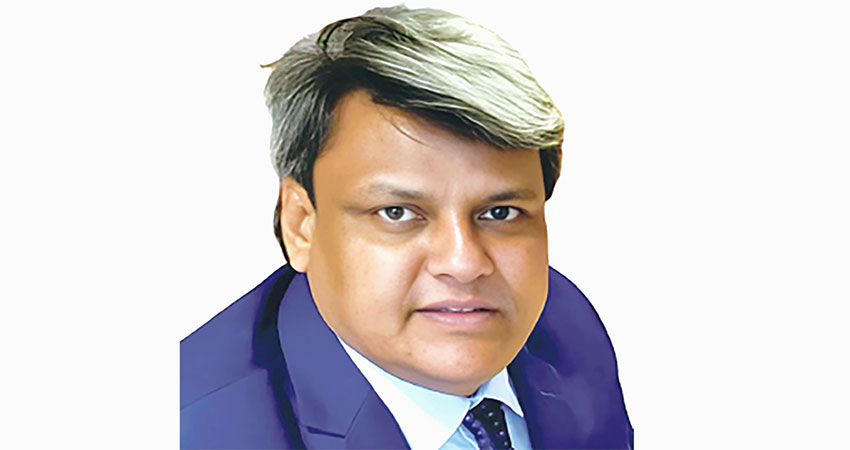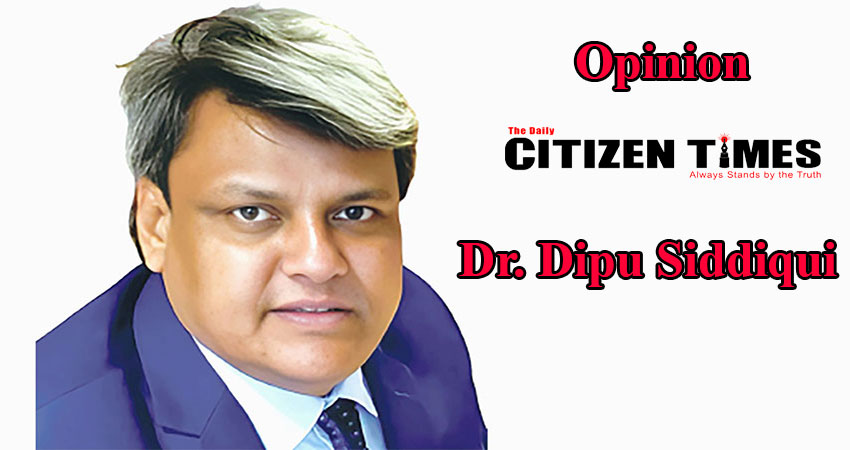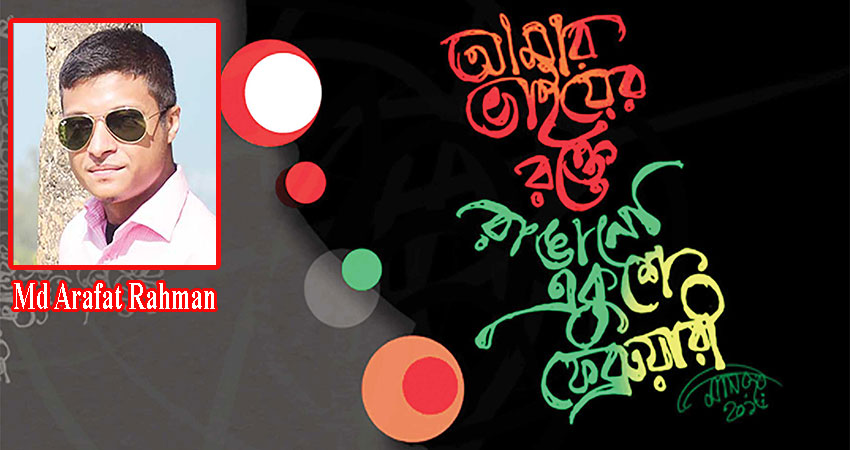The Paradox of Places : Contrasts and Reflections
Introduction :
In a world where appearances often deceive, places of worship and societal rituals can serve as profound symbols of the human condition. The juxtaposition between the experiences of the poor and the rich, the living and the deceased, and the dichotomy of happiness and sadness presents a thought-provoking perspective on the paradoxes that shape our lives. This editorial delves into the intricate tapestry of contrasting realities, seeking to unravel the underlying truths that define our existence.
The Mosque-Temple Paradox:
This mosque, temple is a wonderful place? Here the poor man begs outside and the rich man begs inside!!! The irony is stark and inescapable. Places that should foster unity and compassion often become symbols of social disparity. While the wealthy enjoy the solace of their spiritual sanctuaries, the destitute are left to seek sustenance and support outside. This divide challenges the notion of equality and raises questions about the true purpose of religious spaces.
Rituals of Life and Death:
In the grand theater of life, the unexpected roles played by individuals during weddings and funerals continue to perplex. The groom, the central figure in a wedding, finds himself overshadowed as all attention is directed towards the accompanying procession. Conversely, in funeral processions, the deceased leads the way, leaving the living to follow behind. This reversal of societal roles offers a glimpse into the transient nature of human existence and the bittersweet symphony of life's major events.
The Quirks of Commemoration:
In the realm of remembrance and celebration, peculiar patterns emerge. The lighting of candles honors the departed, casting a warm glow on their memory. However, when birthdays arrive, we blow out the candles, extinguishing the metaphorical flame of another year. These contradictory acts of commemoration showcase the dichotomy of joy and sorrow, underscoring the complex emotions woven into the fabric of our lives.
The Nail's Burden:
A simple nail on a wall carries the weight of responsibility. People attribute significance not to the nail itself, but to the picture it holds. This metaphor reflects how individuals are often judged by the associations they uphold, rather than their intrinsic worth. The reputation of the picture overshadows the burden borne by the nail, highlighting the superficial nature of societal recognition.
The Salt and Sweetness of Knowledge:
The imparting of bitter knowledge is the true mark of a friend, for it serves as a catalyst for personal growth and understanding. Salt, known for its ability to preserve and enhance taste, remains untouched by insects. On the other hand, sweetness attracts pests daily. This allegory draws attention to humanity's aversion to challenging truths, as people often favor comfortable illusions over harsh realities. The path of enlightenment, though difficult, is essential for progress.
Religious Harmony in Libraries:
Gita and Koran reside harmoniously within the same library, standing as symbols of different faiths. These sacred texts, despite their divergent teachings, never engage in conflict. It is those who engage in disputes over religious differences who reveal their lack of understanding and wisdom. The true essence of spiritual knowledge lies in embracing the wisdom and teachings of various traditions.
Embracing Our True Nature:
In a world where one's character is often misunderstood, it is fascinating to observe contrasting reactions to labels. Calling a person a "beast" evokes anger, while a lion proudly embraces the comparison. This juxtaposition reminds us that self-awareness and acceptance of our true nature are crucial for personal growth. It encourages us to reflect on our instincts, desires, and societal expectations, urging us to seek authenticity in a world that often values conformity.
Writer : Dr.Md.Abu Bakar Siddique widely known as Dr Dipu Siddiqui,Asssociate Professor and Chairman Department of Education Royal University of Dhaka.



















